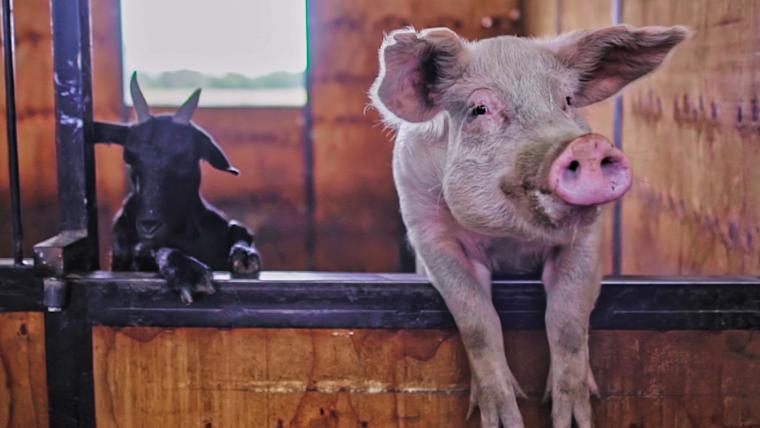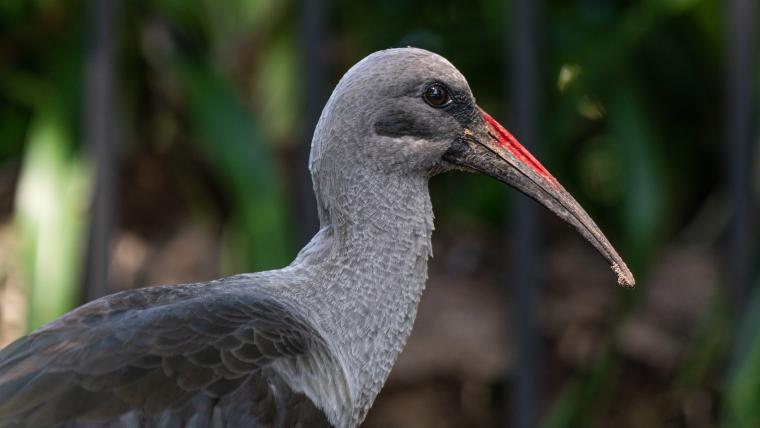
When people can’t eat, neither can their pets. This is how to nourish a community
Starvation isn’t a new sensation for South Africans. Before the COVID-19 pandemic, hunger was a common adversary for millions living in poverty. But after a national lockdown brought economic activity to a halt, as much as 34% of the population experienced its pangs. While feeding schemes sprouted up around the country to support struggling communities, the needs of animals often came in second, or not at all. “Having a full tummy isn’t just a necessity for humans, but for all living creatures,” Imogen Tarita says. Filling bowls and hearts, this volunteer for the Cluny Animal Trust is making hungry pets her priority.
Tarita and her team ensure that pets in impoverished communities in the Free State receive veterinary care. But after the lockdown rendered families jobless and without income, they watched as animals’ wellbeing grew weaker. “An individual should not have to choose whether they feed themselves or their pet,” Tarita says. “We had to do something.” Shifting their focus from medical support to meals, the organisation began packaging parcels of food and distributing them to malnourished animals.
Relying solely on donations, the team has received enough food and funds from the local community to nourish over 1 000 pets during this challenging time. “Being able to feed animals that would've gone hungry is very rewarding because you know that you’re doing something important,” Tarita says. With a great number of pets still needing support, they will stop at nothing to ensure they receive it. What may seem like a small act of kindness to us can have a huge impact on the life of an animal.






























Please sign in to leave a comment